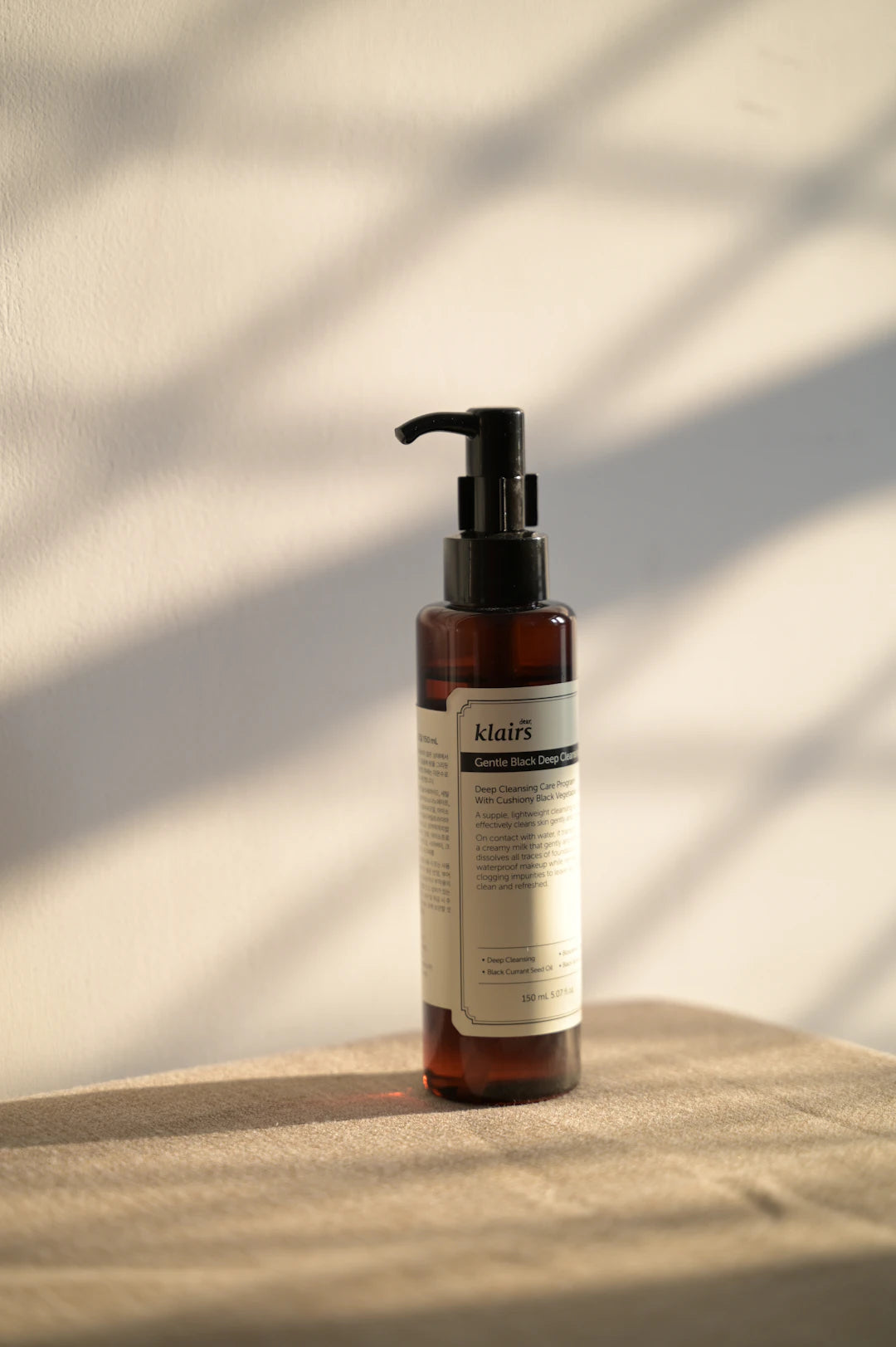The Vital Connection Between Sleep and Radiant Skin

Frequently Asked Questions
1. How does sleep impact skin health?
2. What are common signs of insufficient sleep on the skin?
3. How can better sleep reduce acne?
4. What tips can help improve sleep quality for better skin?
5. How is diet related to sleep quality and skin health?
When it comes to skin health, many people focus on their skin care routine, diet, and hydration levels. However, one crucial element often overlooked is the role of sleep. Quality sleep not only rejuvenates our bodies but also has a profound impact on our skin’s appearance and health. In this article, we'll explore how sleep affects skin health, elucidate the mechanisms behind it, and offer tips for improving your sleep quality for better skin.
The Science Behind Sleep and Skin Health
Sleep is a biological necessity. It allows our bodies to recover, repair, and regenerate. When we sleep, our skin undergoes numerous restorative processes that can affect its overall health and appearance. Lack of sleep can lead to a host of skin issues, from premature aging to breakouts.
Cell Regeneration During Sleep
During the deep stages of sleep, our skin cells regenerate at a faster pace. This cellular turnover is crucial for maintaining a healthy complexion. According to research, the skin reaches its peak recovery during these nighttime hours. It's during this time that skin can repair damage from UV exposure and environmental stressors. If you're not getting enough sleep, this process is compromised, leading to dull, lifeless skin.
Impact on Collagen Production
Collagen is the protein that helps keep our skin firm and elastic. Adequate quality sleep is essential for collagen production. Studies have shown that lack of sleep can alter collagen synthesis, leading to increased signs of aging such as fine lines and wrinkles. By ensuring you get enough rest, you can help maintain your skin's youthful appearance.
Signs of Insufficient Sleep on Your Skin
Understanding the signs that indicate your skin is suffering from lack of sleep is essential. Here are common symptoms that can arise:
- Dull Complexion: Skin may look tired and lackluster due to reduced blood flow during periods of sleep deprivation.
- Puffy Eyes: Increased fluid retention and dilation of blood vessels can lead to bags under the eyes.
- Increased Breakouts: Stress hormones released during lack of sleep can lead to acne flare-ups.
- Dry Skin: Insufficient rest can decrease skin hydration, leading to flakiness and irritation.
How Sleep Quality Affects Skin Conditions
The benefits of sleep are not just limited to maintaining a youthful glow; they extend to managing specific skin conditions. Here are a few ways quality sleep can make a difference:
Reducing Acne
Stress plays a significant role in acne breakouts, and those sleepless nights can heighten your stress levels. By achieving better sleep, you can potentially reduce the fluctuations of cortisol, the stress hormone that can trigger breakouts marring your skin care routine.
Soothing Eczema and Psoriasis
Both eczema and psoriasis are inflammatory skin conditions. Quality sleep helps to regulate the immune system, stabilizing inflammation in the body. Individuals who prioritize sleep may find these conditions easier to manage and reduce flare-ups.
Tips for Improving Sleep Quality
It's clear that sleep plays an essential role in skin health. However, many individuals struggle to obtain the quality rest necessary for radiant skin. Here are some practical tips to promote better sleep:
Create a Sleep-Inducing Environment
- Darkness: Keep your sleeping environment dark to facilitate melatonin production, the hormone responsible for sleep.
- Cool Temperature: A cooler room temperature aids in falling and staying asleep. Aim for a slightly cool room (around 65°F or 18°C).
- Noise Control: Use white noise machines or earplugs to eliminate disruptive sounds.
Establish a Sleep Routine
Having a consistent bedtime routine signals your body that it’s time to wind down. Consider engaging in calming activities such as:
- Reading a Book: Opt for something light and enjoyable to distract from daily stresses.
- Gentle Stretching: Incorporate some relaxing stretches or a gentle yoga practice to relax your muscles.
- Meditation: Mindfulness techniques can significantly reduce stress and promote relaxation.
Limit Screen Time Before Bed
Blue light emitted from devices can interfere with your circadian rhythms. Try to power down all electronics at least one hour before bedtime. Instead, opt for activities that promote relaxation.
The Link Between Diet, Hydration, and Sleep Quality
Your diet and hydration levels have a significant connection to sleep quality, and indirectly, your skin health. Foods that help support sleep include:
- Cereals and Whole Grains: Rich in magnesium, they promote better sleep.
- Nuts: Contain melatonin that aids in regulating sleep cycles.
- Herbal Teas: Chamomile and valerian root teas are known for their calming properties.
Moreover, staying well-hydrated throughout the day can enhance skin health too. Dehydration can make your skin look tired and lifeless; ensure you're drinking plenty of water to support not only your skin but also your overall health.
Incorporating Sleep into Your Skin Care Routine
To maximize the skin benefits from a good night's sleep, consider incorporating sleep-friendly practices into your skin care routine. Begin by selecting an all-in-one skincare product that aligns with your skin’s needs, and ensure to apply it before bedtime. The right products can work in tandem with your sleep cycle to nourish and restore your skin while you rest.
Additionally, maintaining a clean pillowcase can also contribute positively to skin health. Change your pillowcases regularly to remove any accumulated dirt, oils, and skin cells that can contribute to breakouts and irritation.
Final Thoughts: Unlock Your Skin's Potential Through Sleep
Sleep is undoubtedly a vital component of skin health. By making sleep a priority, you can not only improve your skin’s appearance but also enhance your overall well-being. Start by establishing a healthy sleep routine, creating a conducive environment for rest, and integrating skin wellness practices that complement your beauty sleep. Remember, you hold the key to unlocking your skin’s full potential. So, let rest work its magic and wake up to a brighter, healthier you!


